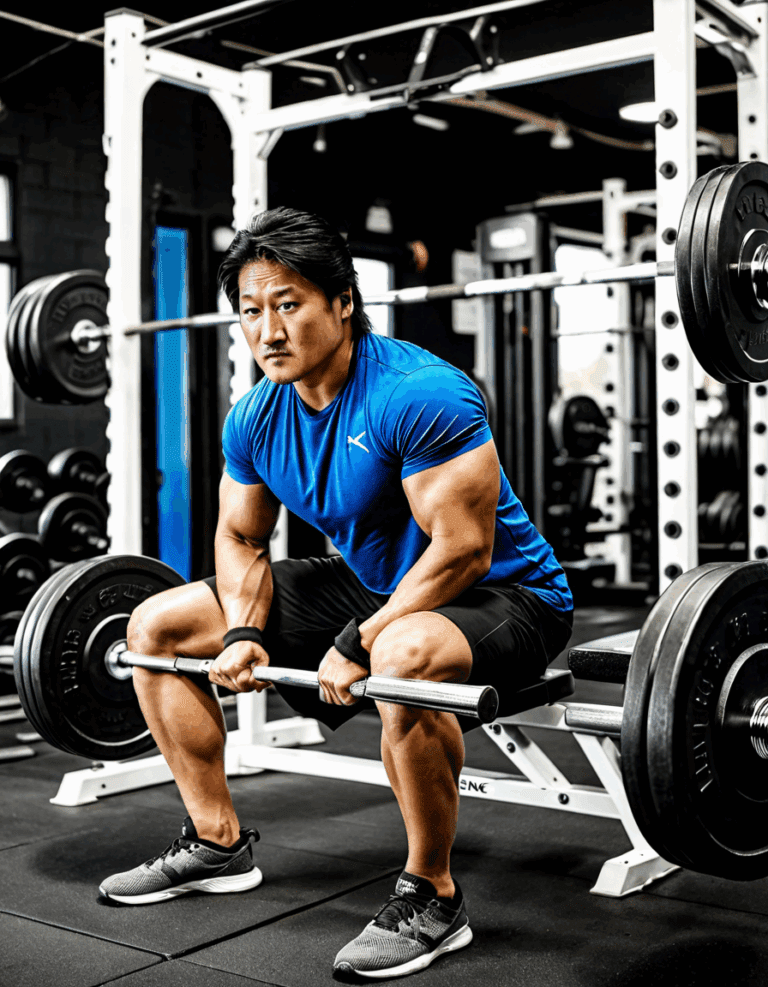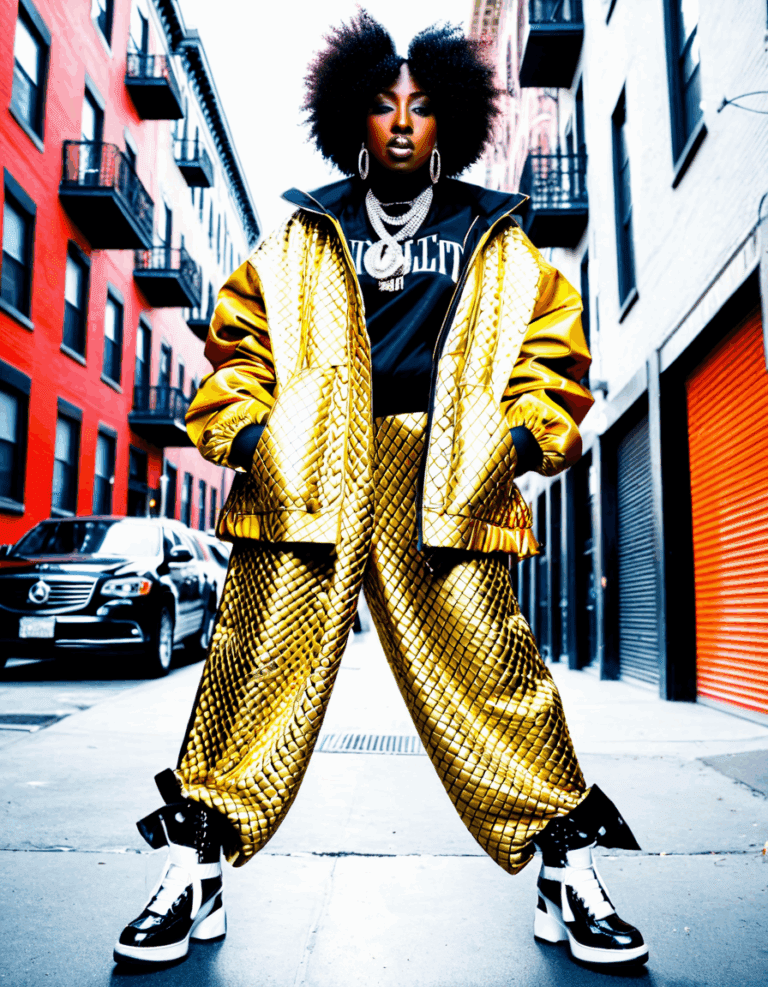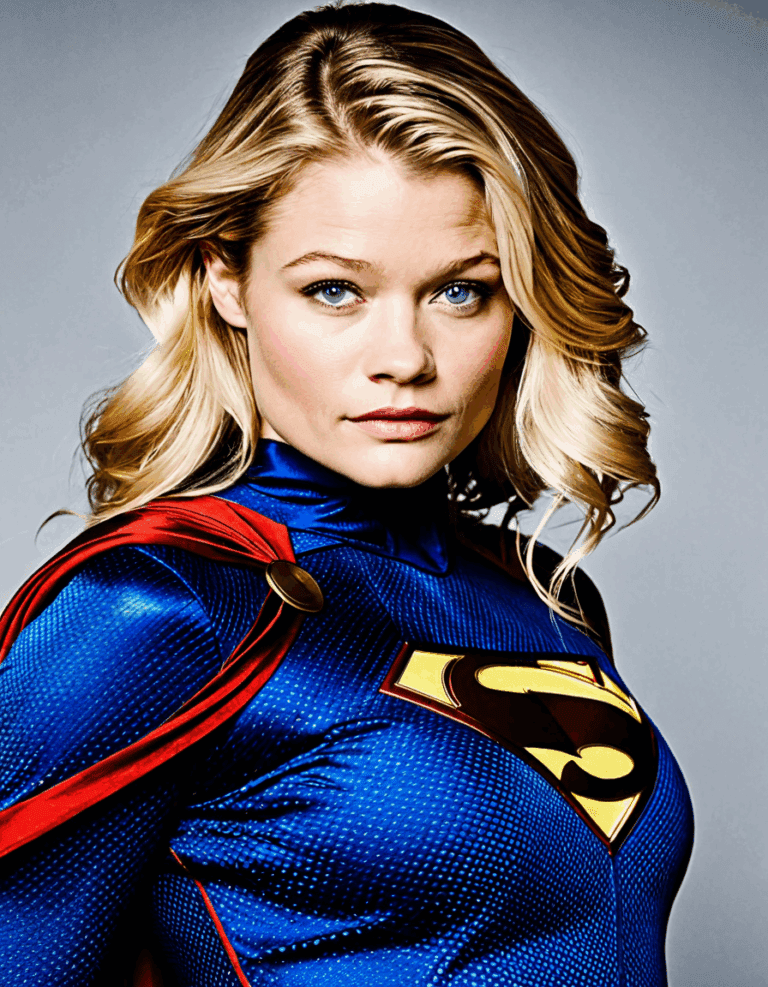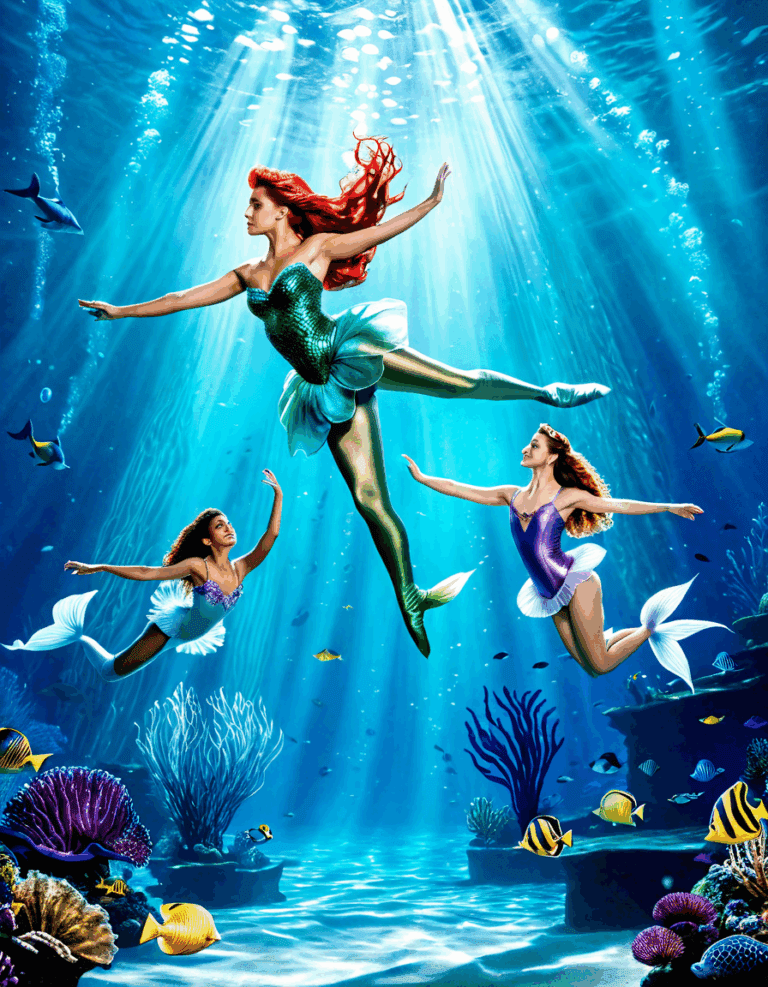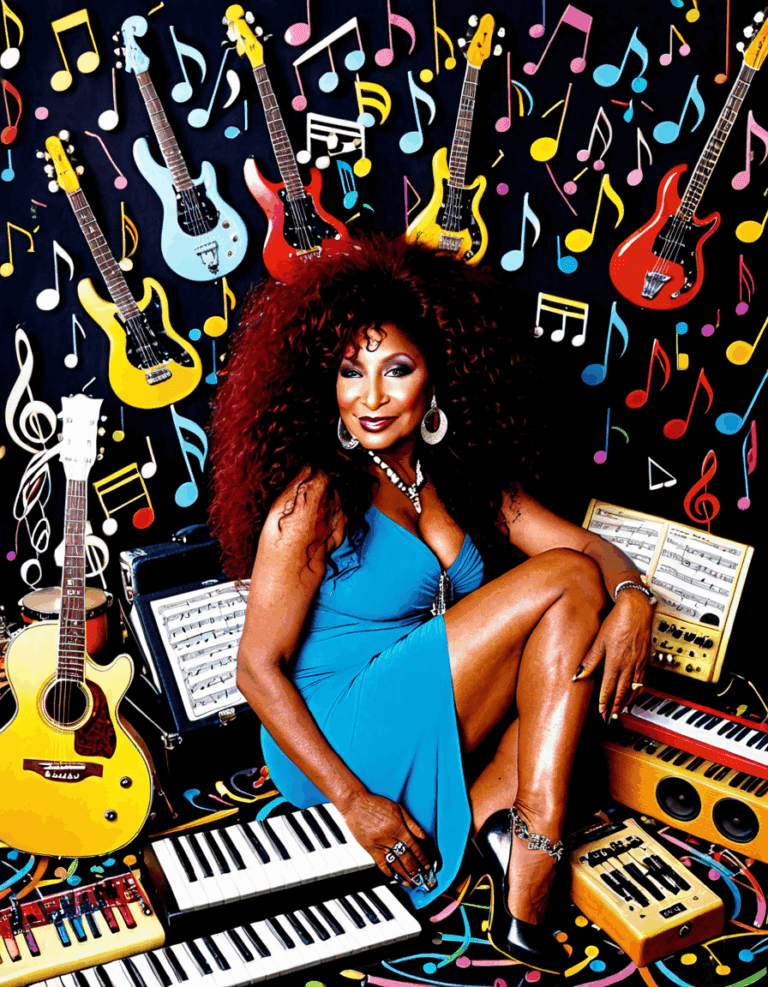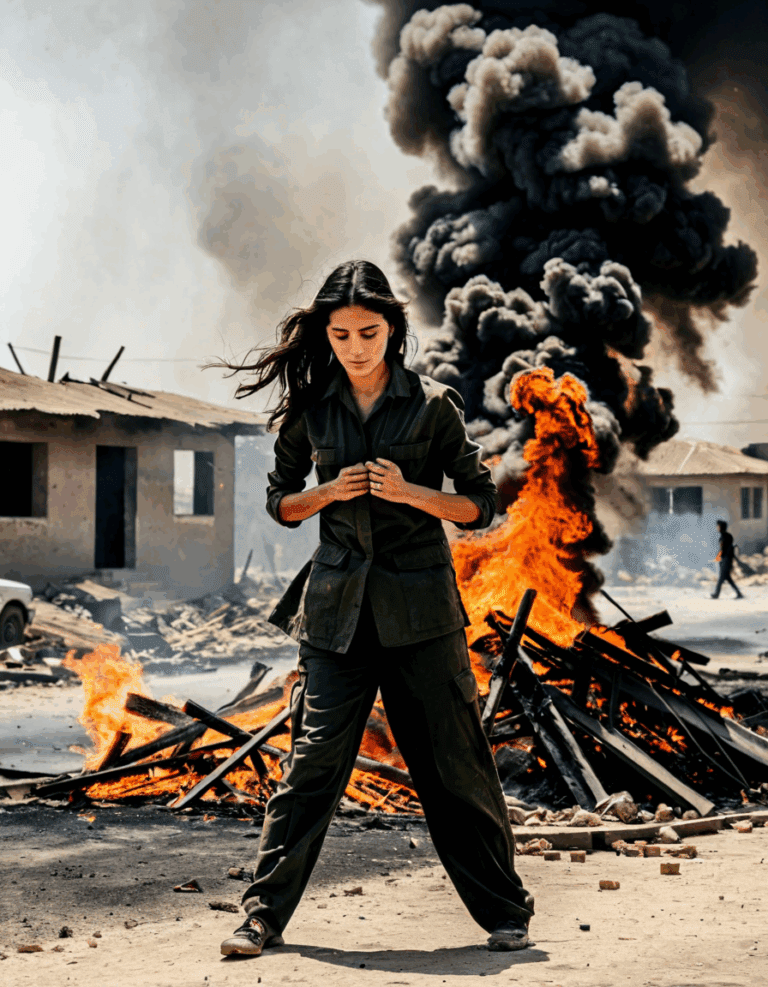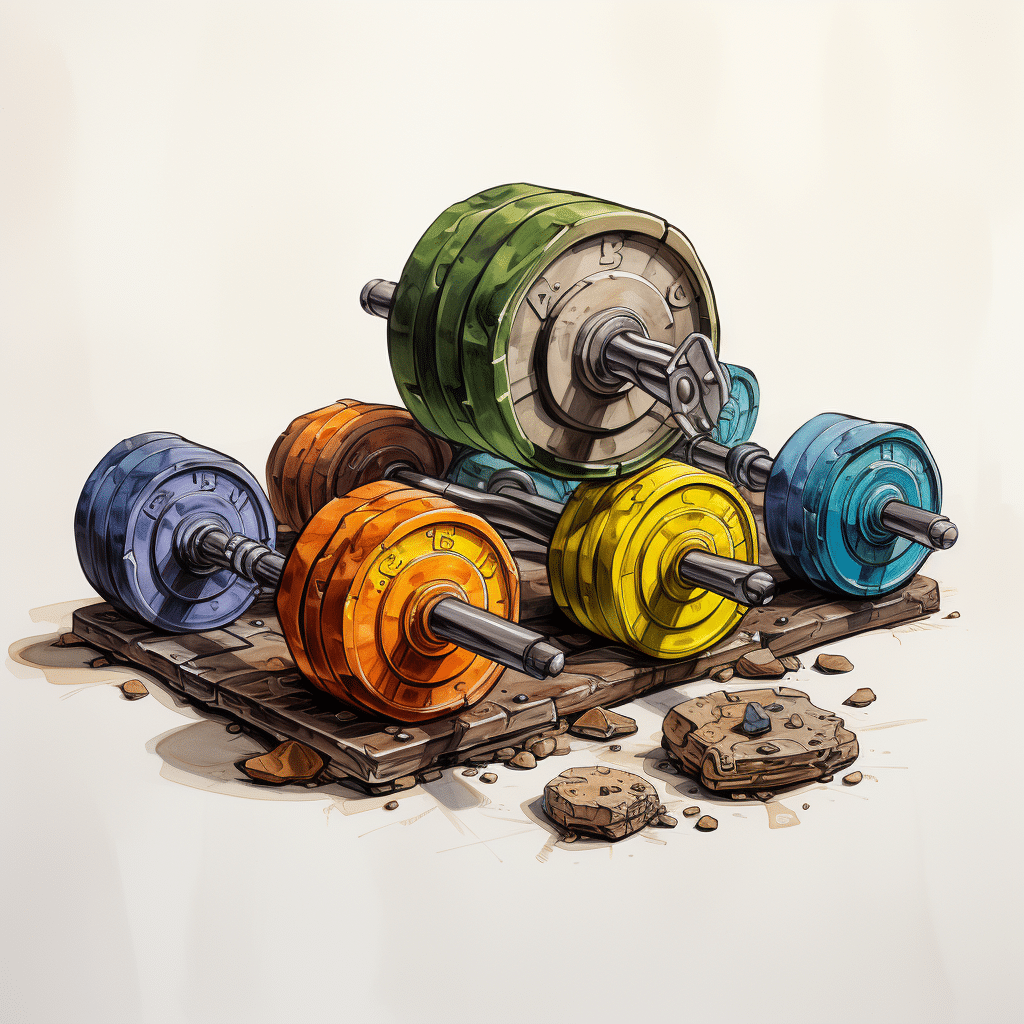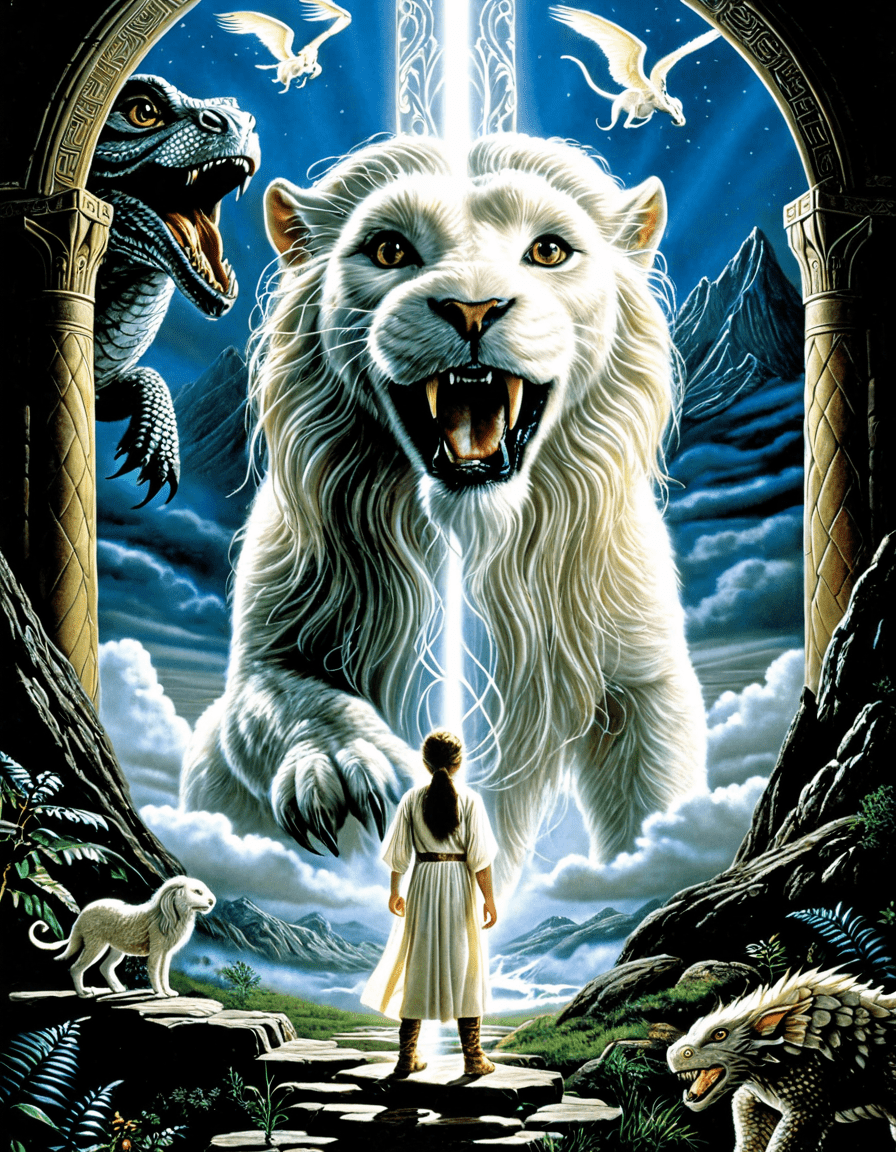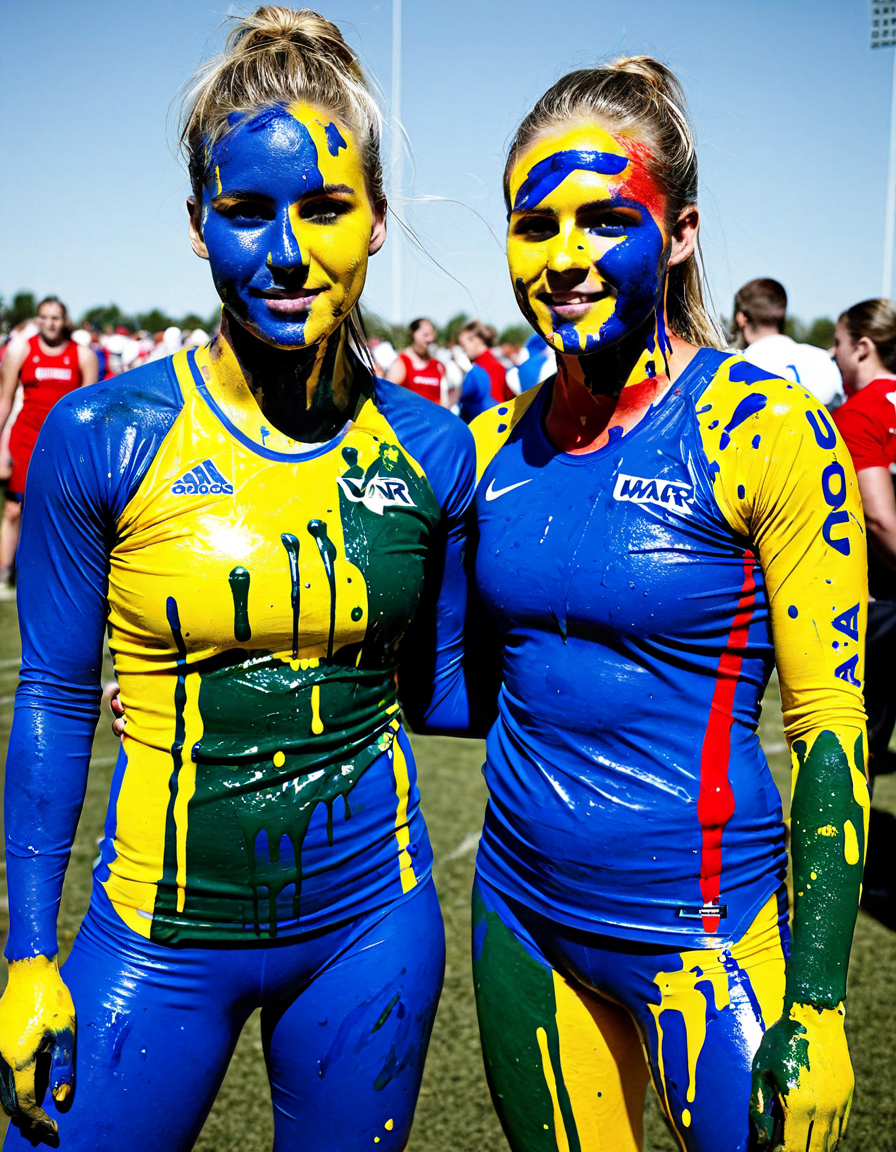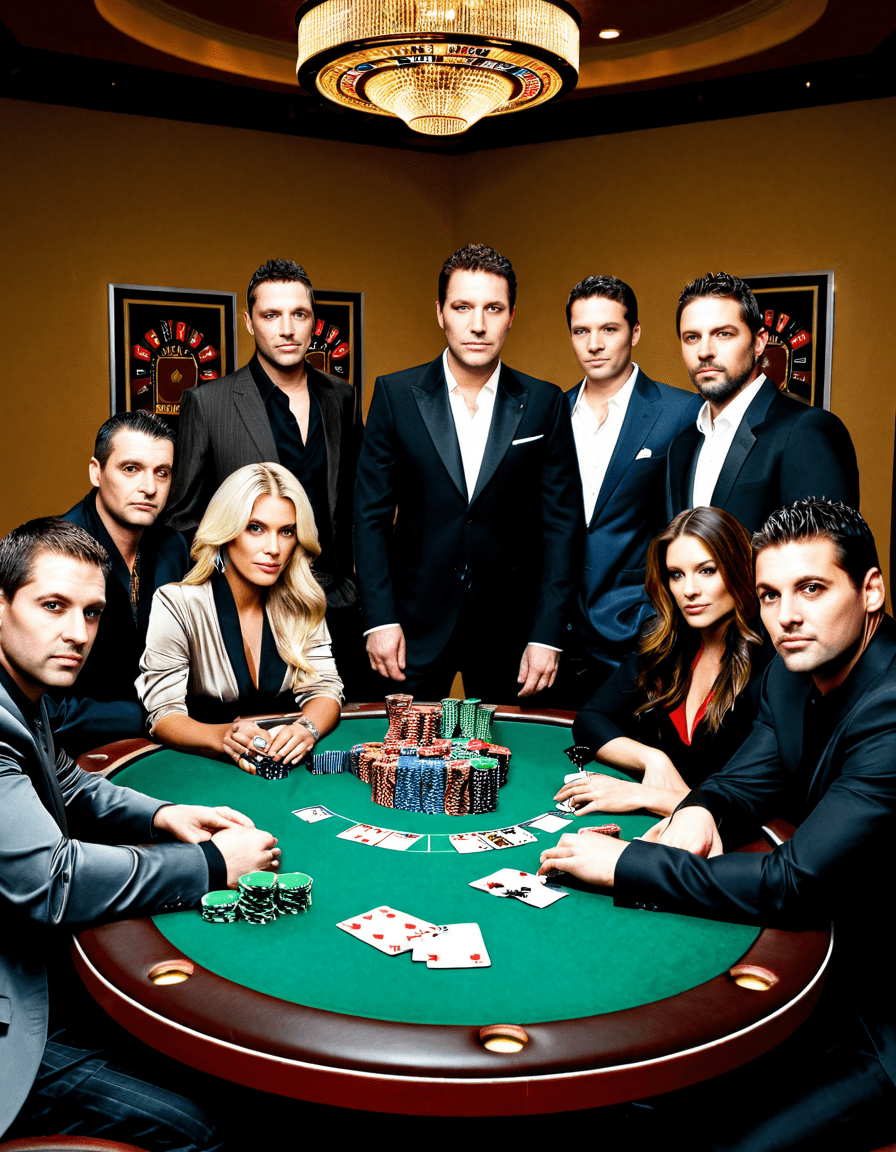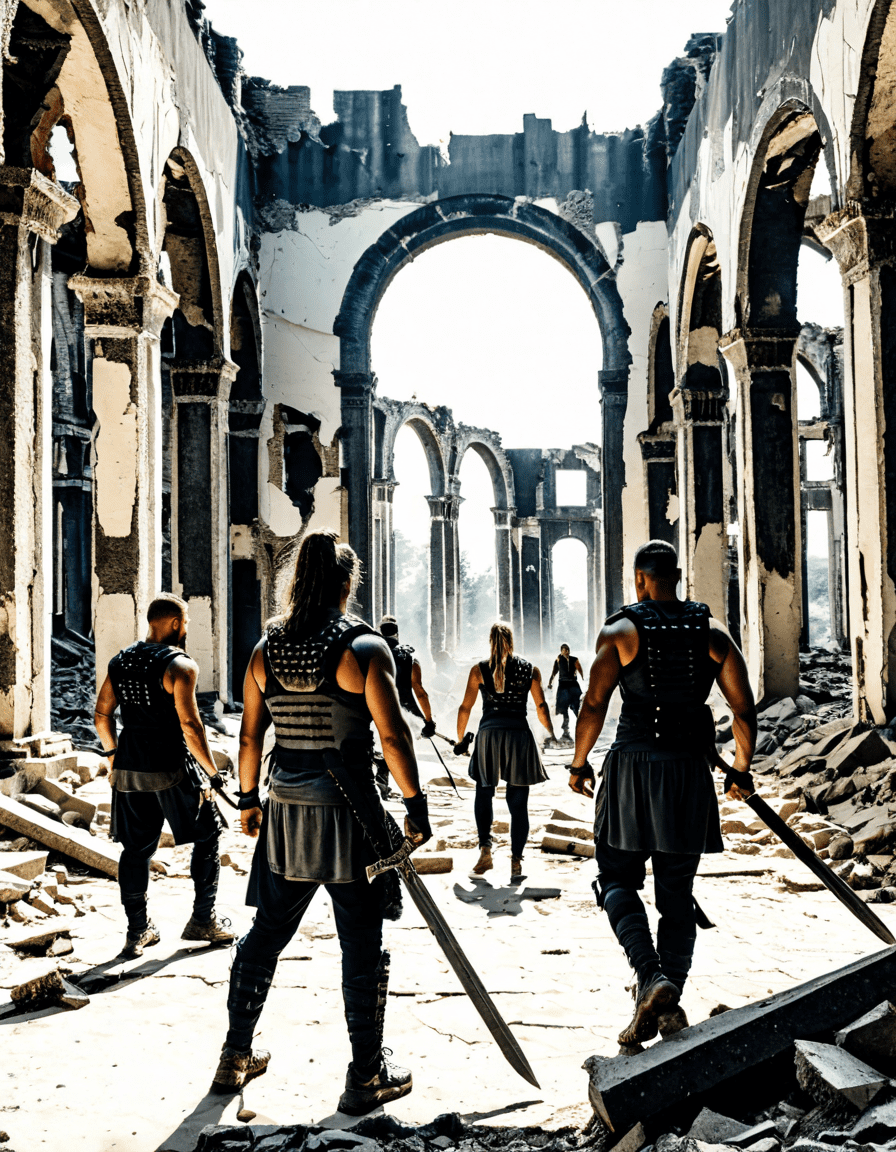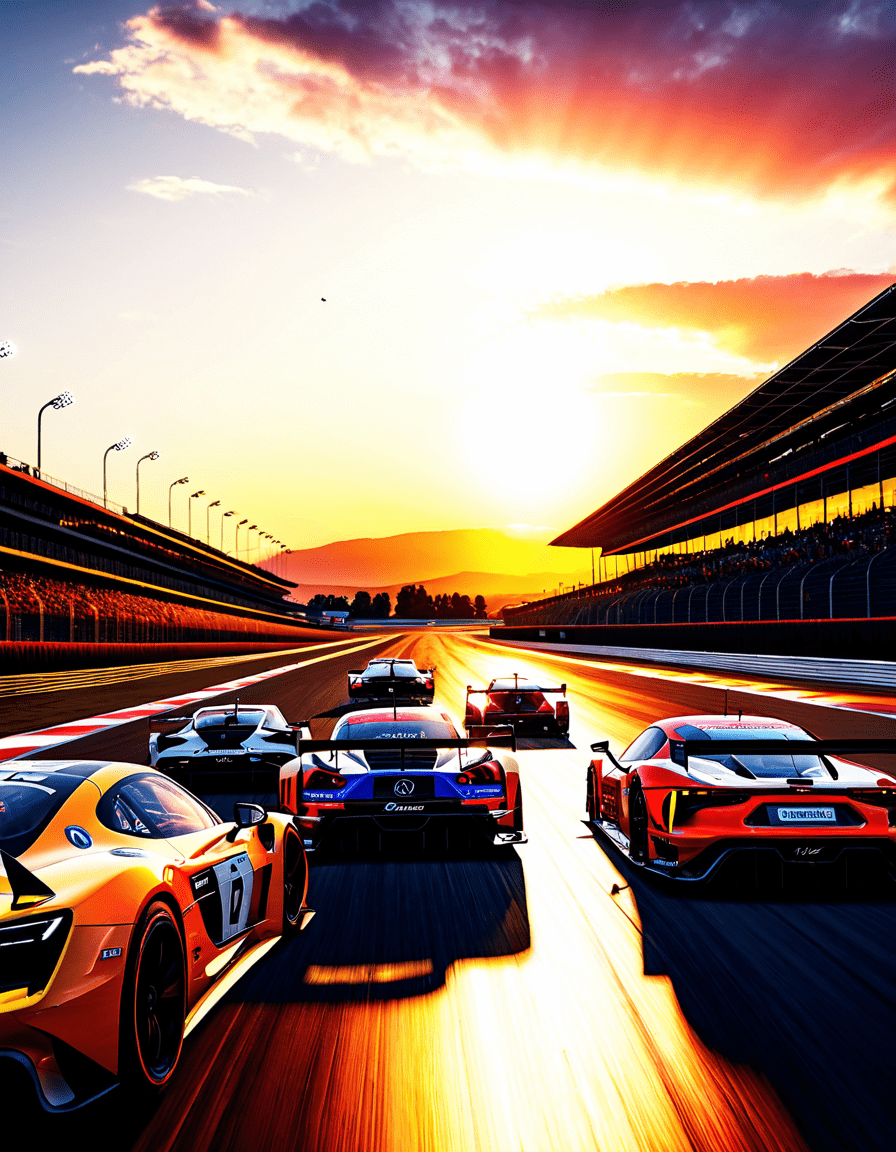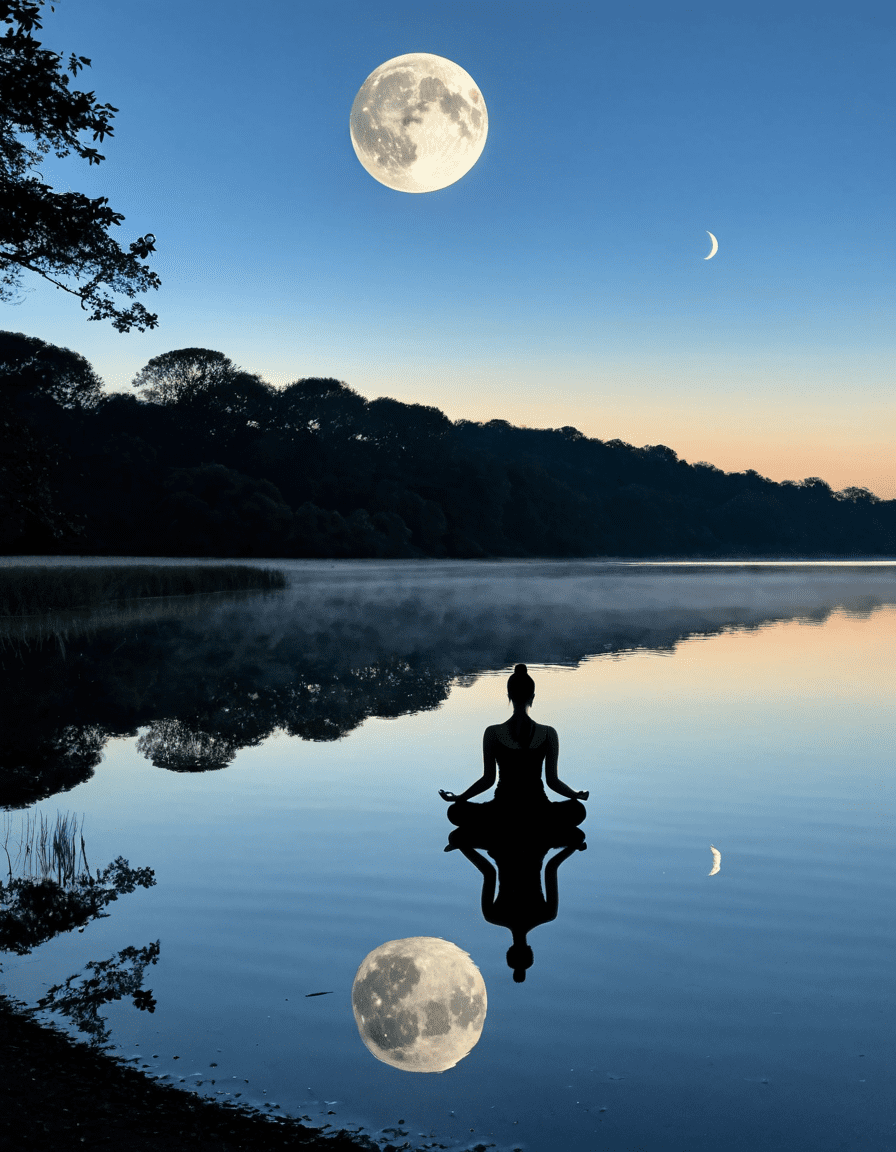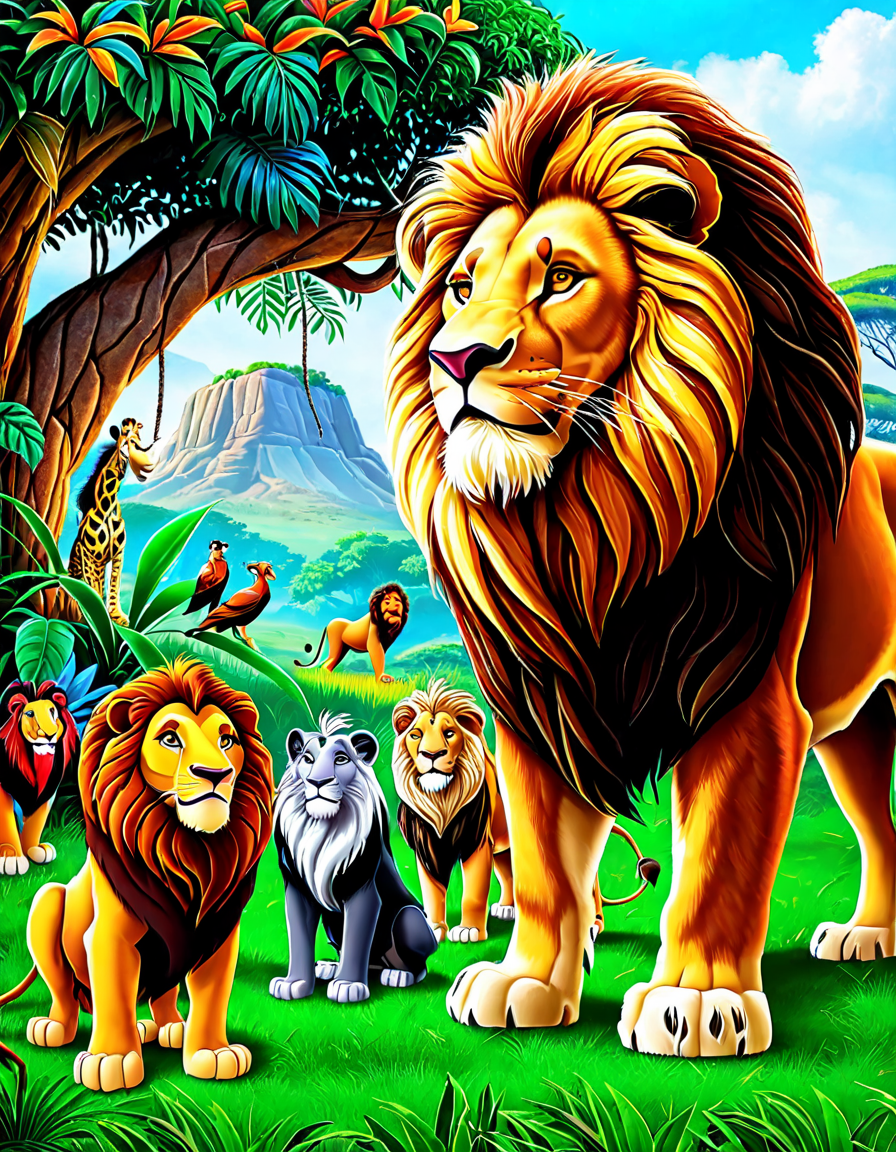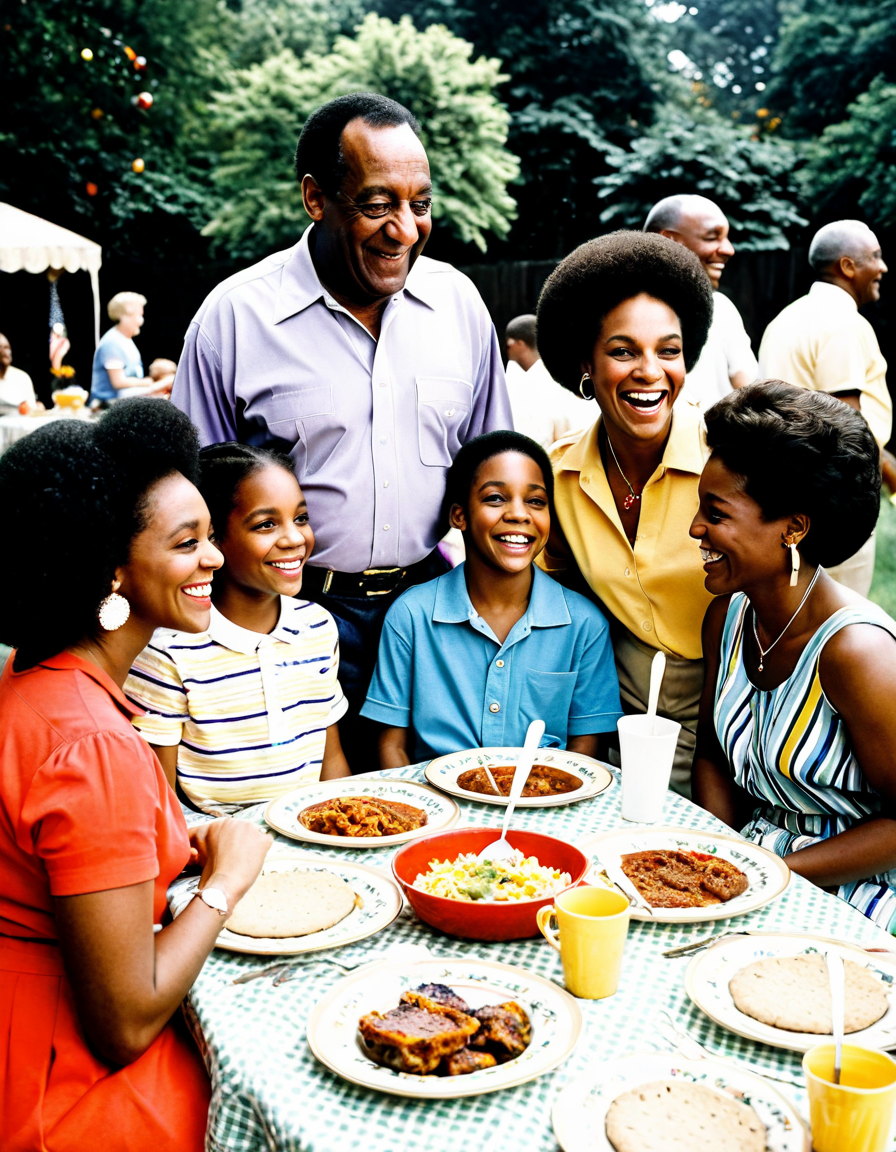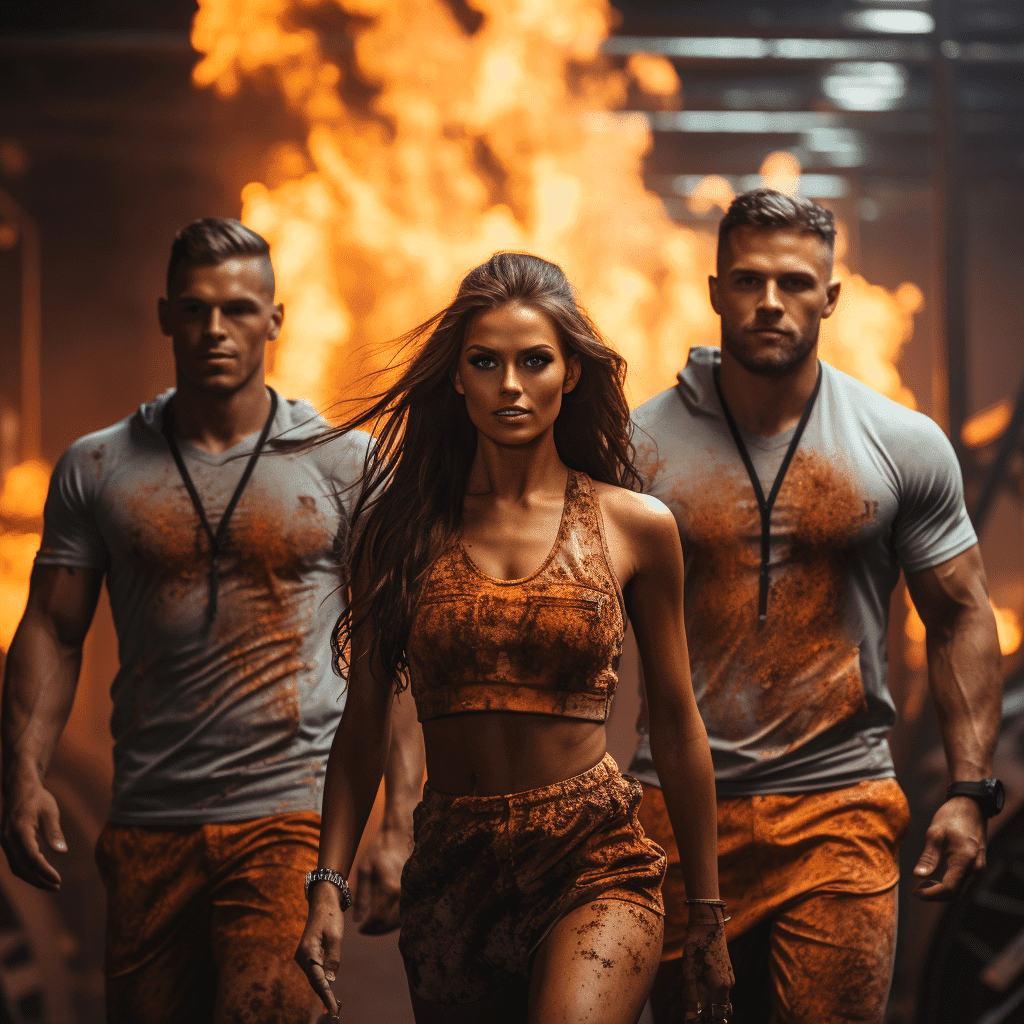Bruce Lee didn’t just change martial arts; he transformed cinema itself. His unique style mixed athleticism and philosophy, forever changing how audiences view action and combat on the big screen. Before Bruce Lee burst onto the scene, martial arts films were pretty simplistic. They often relied on flashy and unrealistic effects. But Bruce Lee introduced a gritty realism that made martial arts an art form in its own right. From Enter the Dragon (1973) to The Way of the Dragon (1972), his influence is undeniable.
Lee brought a ferocity to every punch, kick, and fight scene. His meticulous choreography combined with profound philosophical insights created a visceral experience. He used techniques inspired by Wing Chun, allowing viewers to connect with the raw power and artistry of combat. This blend of real-world martial arts techniques with cinematic flair gave life to a genre that was just beginning to find its footing.
In a world where action sequences often had little depth, Bruce Lee’s performances stood out. His extraordinary moves displayed true martial skill and communicated deeper narratives. As a result, he opened the door for countless martial artists to shine on screen, changing how we interpret action movies and allowing us to appreciate the complexity and discipline of various fighting styles.
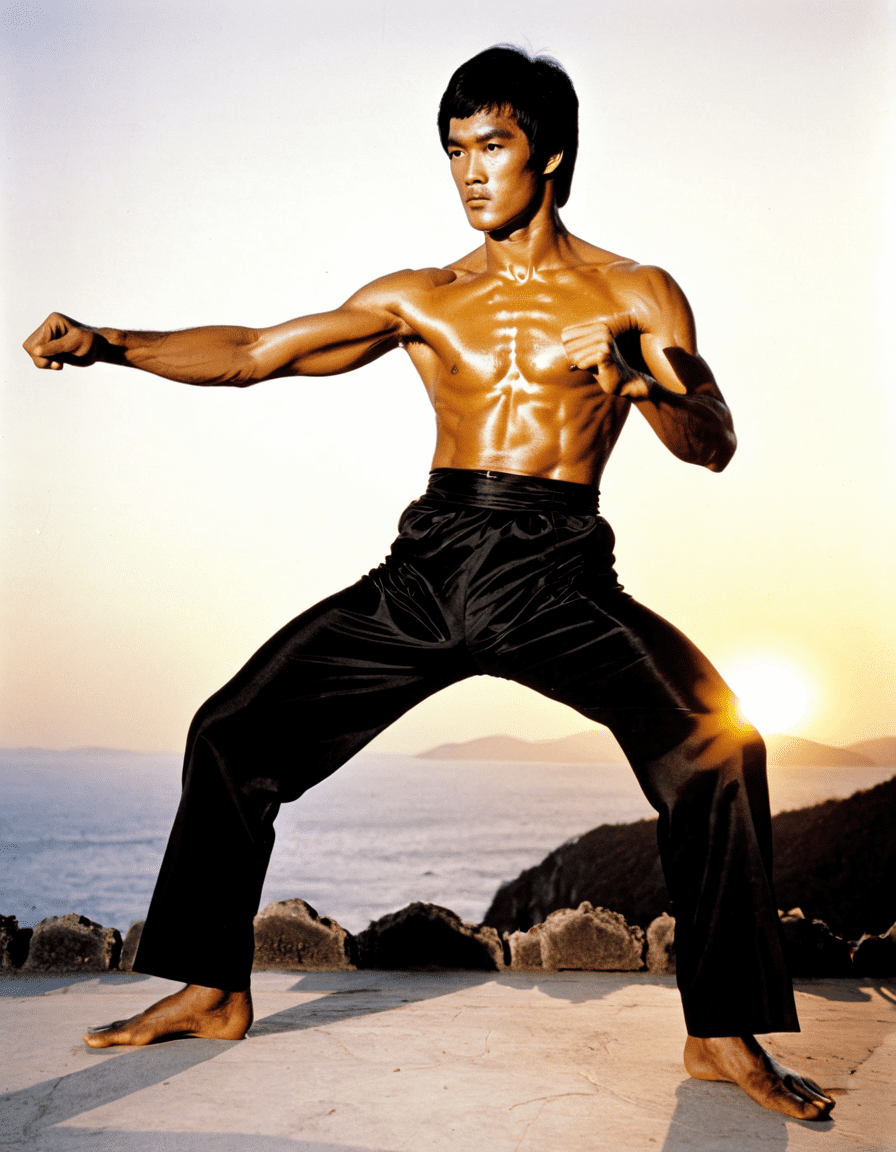
Top 5 Films That Showcase Bruce Lee’s Influence on Cinema
This is Bruce Lee’s shining moment in cinema. Not only did this blockbuster set the standard for martial arts films, but it also fused complex storytelling with incredible choreography. The film blends action and suspense brilliantly, creating a cinematic experience that’s as thrilling as it is culturally significant.
Lee’s ability to inject humor into his fight scenes showcased his versatility. In this film, he doesn’t just fight; he entertains. It’s a masterclass in blending comedy and action, proving that martial arts could also be about personality and charm while still being jaw-droppingly awesome.
With a historical narrative that tackled colonialism, Lee’s portrayal in this film reshaped not just the narrative of Asian heroes, but the overall representation of martial arts in cinema. His powerful performance made audiences confront uncomfortable truths while rooting for his character.
Released posthumously, this film shows Lee’s philosophical side. It combines layered martial arts sequences with profound storytelling, proving that fighting isn’t just about physical prowess, but also about personal journeys and self-discovery. His legacy truly shines here, pushing the boundaries of what martial arts films could accomplish.
This biographical depiction does justice to Bruce Lee’s larger-than-life persona. It focuses on his struggles and triumphs, ensuring modern audiences appreciate the man behind the martial arts legend. By celebrating his life, the film contributes to the enduring legacy Bruce Lee left behind.
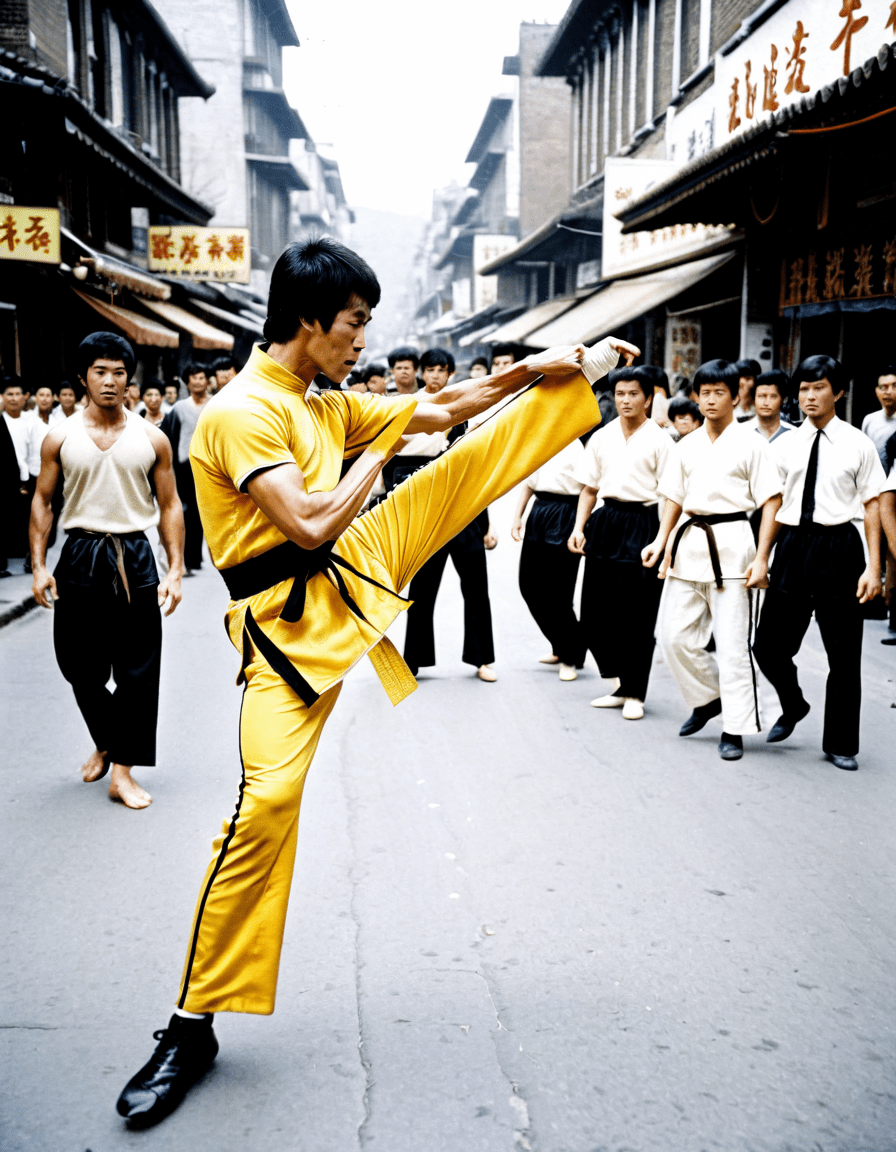
Bridging Cultures: Bruce Lee and Global Cinema
Bruce Lee didn’t just bring martial arts to the West; he revolutionized how different cultures perceive one another through cinema. By masterfully presenting traditional Chinese martial arts to mainstream audiences, he created a cultural exchange that resonated across borders. His groundbreaking roles in Enter the Dragon and others opened doors for actors like Donnie Yen and Tony Jaa, who have continued to break through cultural barriers in their careers.
Lee’s films sparked a global interest in martial arts, which led to a surge in Western movies incorporating Asian fighting styles. This blending of cultures showed just how connected our worlds can be. Traditional martial arts found new life and popularity far beyond their original contexts, and filmmakers have since taken cues from Lee’s innovative storytelling techniques.
The legacy of Bruce Lee extends into the modern era. Today’s filmmakers recognize the importance of diversity in stories and narratives. His influence has laid the groundwork for generations of creators, inspiring them to incorporate martial arts authentically into their work and ensure that stories reflect a multicultural experience.
The Philosophy of Jeet Kune Do: More Than Just Fighting
Bruce Lee wasn’t just a martial artist; he was a philosopher. He created Jeet Kune Do, emphasizing adaptability and fluidity in techniques. This philosophy goes beyond just fighting—it encourages people to adapt and evolve, reflecting a deeper understanding of life itself. His belief in self-expression in martial arts challenged traditional norms and sought authenticity in performance.
Lee’s innovations encourage not just martial artists, but also filmmakers and actors to focus on meaningful narratives. They should integrate personal experiences and philosophies into storytelling, forging a genuine connection with the audience. Films like Warrior (2011), heavily influenced by Lee’s teachings, echo this philosophy.
Whether in the dojo or on set, Bruce Lee’s influence is a reminder that martial arts can encapsulate life lessons. It’s not solely about physical victories but rather about personal growth, self-discovery, and the art of overcoming obstacles.
Legacy and Modern-Day Influence: The Continuing Impact of Bruce Lee
Decades after his passing, Bruce Lee remains a beacon of inspiration in cinema and martial arts. His legacy resonates in today’s films and the many martial artists who credit him as their primary influence. Recent projects, like The Night Comes for Us (2018) and Netflix’s Into the Badlands, echo the hallmarks of Lee’s pioneering techniques and philosophical depth.
Many modern filmmakers recognize the spaces Lee created for martial arts within complex character development and narrative arcs. They draw inspiration from his groundbreaking work, making martial arts an essential part of storytelling in films today. Bruce Lee reshaped the genre, enabling creators to weave intricate plots that highlight both fighting skill and emotional depth.
The impact that Bruce Lee has on today’s culture is undeniable. His teachings have permeated various aspects of society, motivating individuals to push their physical, mental, and creative limits, while also raising awareness of martial arts’ cultural significance.
Revisiting Bruce Lee in Popular Culture
In contemporary pop culture, Bruce Lee is a force that refuses to be forgotten. Works such as Once Upon a Time in Hollywood (2019) explore his persona, reexamining the legend for new audiences. Documentaries like Be Water (2020) contribute to a resurgent fascination with his life and philosophy.
Today, entertainers across various fields invoke Bruce Lee’s principles, underlining his ongoing influence. Whether through fitness, film, or personal philosophies, Lee’s legacy continues to thrive in the collective consciousness, inspiring countless individuals to embrace their unique journeys.
Bridging Time: Bruce Lee’s Enduring Legacy
Bruce Lee’s journey is filled with achievements that shaped not just martial arts, but also the fabric of cinema as we know it. His revolutionary approach to storytelling and performance art created a lasting legacy that transcends borders and generations. As new filmmakers rise, Bruce Lee’s influence inspires them to create powerful narratives infused with authenticity.
In a world that’s constantly changing, Bruce Lee serves as a reminder to challenge expectations and fight for one’s truth. His transformation of martial arts and cinema not only pushed boundaries but also built a foundation for future generations. As we look ahead, Bruce Lee’s transformative legacy will continue to inspire and invigorate those brave enough to embrace their true potential. Whether you’re hitting the gym or pursuing your creative dreams, let Bruce Lee’s remarkable journey remind you: It’s all about pushing limits, embracing authenticity, and above all, never backing down from a challenge.
Bruce Lee: The Legendary Martial Artist Who Transformed Cinema
Unraveling the Legend
Bruce Lee, an icon in martial arts, wasn’t just a fighter; he was a cultural phenomenon. Did you know that he was also a talented actor? He skyrocketed to fame in the 1973 film “Enter the Dragon,” which opened the door for Asian actors in Hollywood. Just think about how different cinema might be today without this trailblazer paving the way. Lee’s influence even reached pop culture references, like in Lilo & Stitch, where they featured a nod to Lee’s martial arts prowess. Speaking of influential figures, you might draw an amusing comparison to unexpected personalities like Sarah Palin and the way they captivated audiences in their respective fields.
The Martial Arts Maestro
You’d be surprised to learn that Bruce Lee was actually a proficient dancer before he became a martial arts legend! He even won a cha-cha contest while attending high school in Hong Kong. That rhythm and fluidity probably played a significant role in his fighting style – a mix of grace and power. While he was perfecting his craft, he also embraced innovative techniques that would inspire future generations. Even today, modern martial artists reference him almost as often as fans talk about the beloved character Sung Kang from the Fast & Furious franchise, known for his own action-packed roles.
Impact Beyond Fists
Bruce Lee’s legacy extends far beyond fighting; it’s woven into modern fitness and wellness culture. His philosophy encouraged self-exploration is evident in practices like mindfulness, which align with modern trends focusing on health, including veganism – yes, even affirming the simple truth behind the plant emoji! Lee’s dedication to martial arts ultimately changed how we view action in cinema. He had a cinematic style so influential that it influenced creators of iconic shows like the Serie X Files. Fun fact: Lee even provided martial arts training to a young Genevieve Hannelius, demonstrating how his influence reached many aspiring stars looking to hone their skills and emulate the magic he created on-screen.
In conclusion, Bruce Lee was not just a figure on the silver screen; he was a revolutionary force that challenged norms, leaving a lasting imprint on both martial arts and cinematic history. The impact of Bruce Lee reverberates today, making him as admired as the laughter from La Bamba, which is still a favorite in gatherings. His story reminds us all to embrace our passions, always seeking greatness in whatever arena we choose to battle.
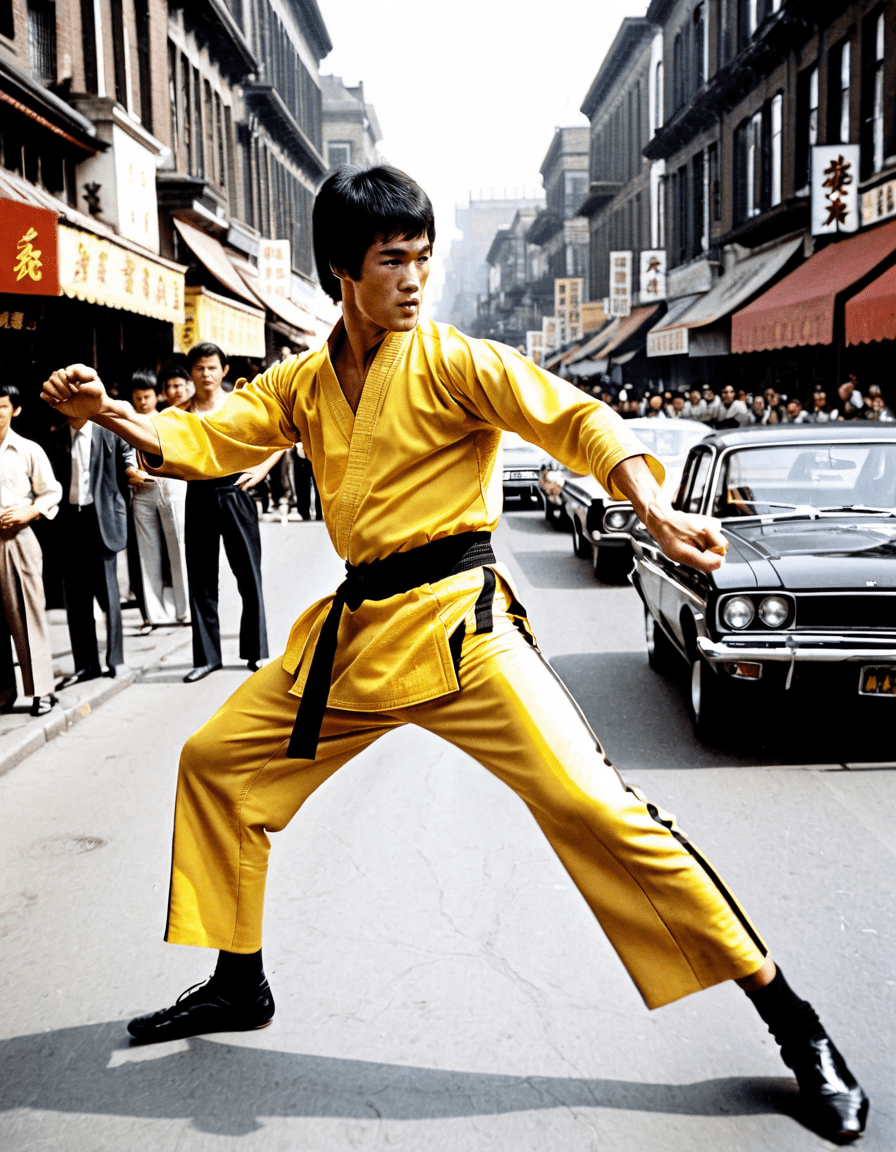


![y]](https://www.chiseled-magazine.com/wp-content/smush-webp/2025/09/y-768x987.png.webp)
